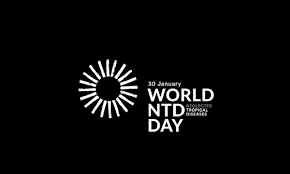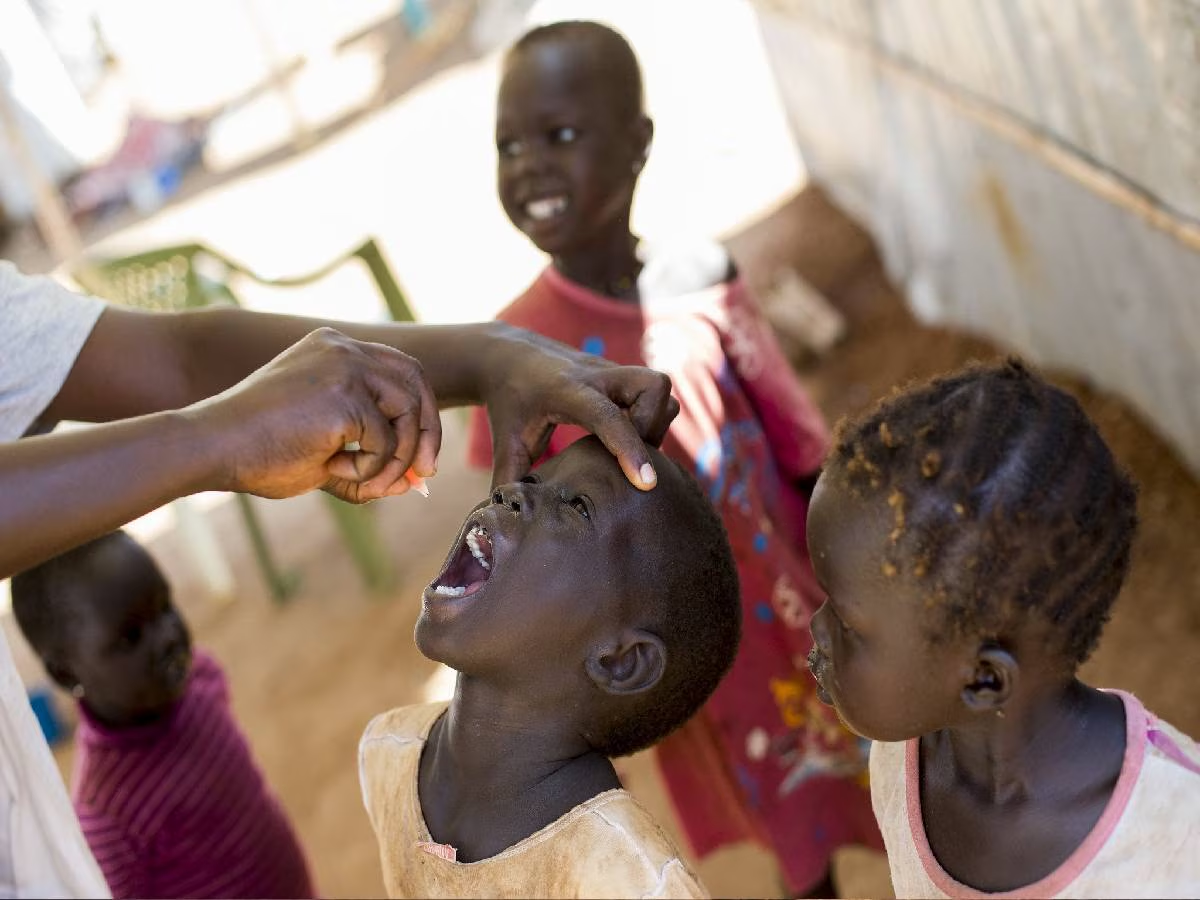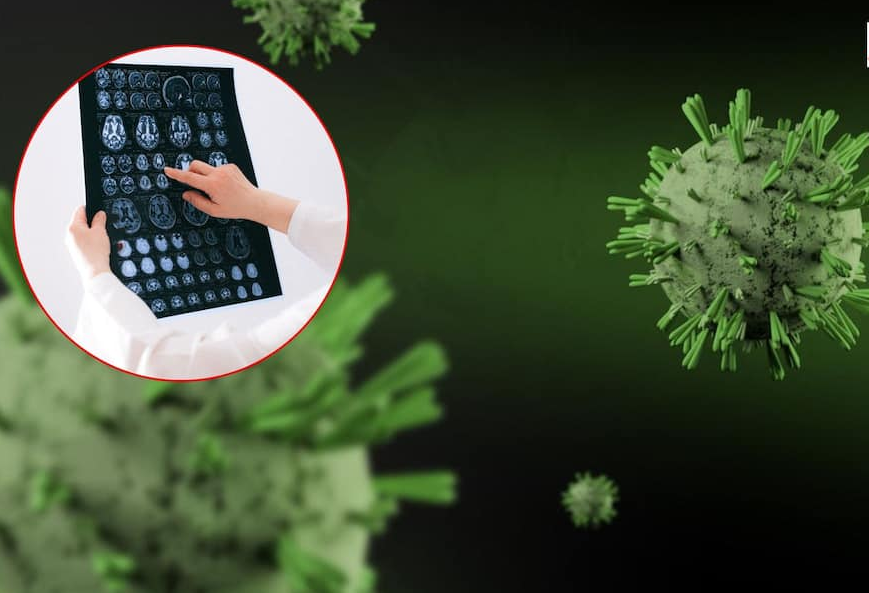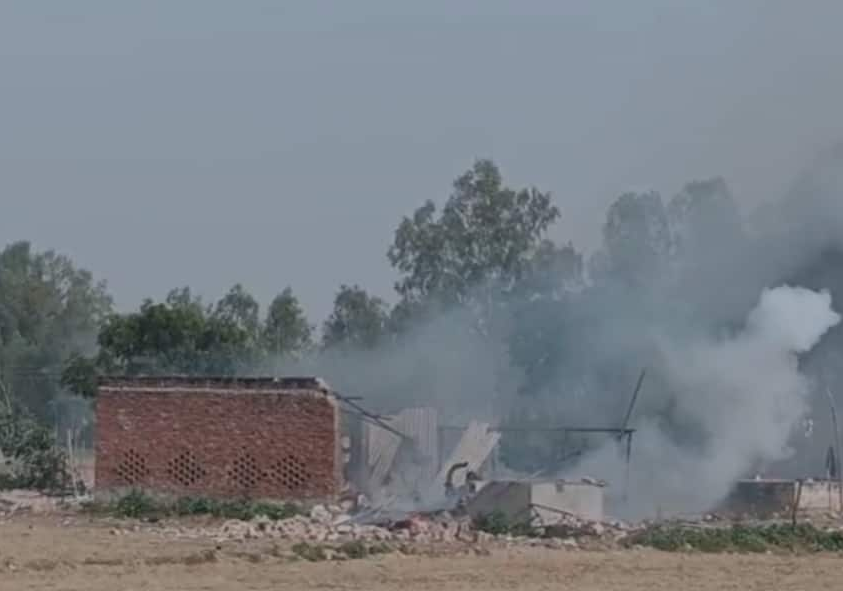World Neglected Tropical Disease Day: World Neglected Tropical Disease (NTD) Day is celebrated across the world on 30 January
- bySherya
- 29 Jan, 2025

World Neglected Tropical Disease Day: World Neglected Tropical Disease (NTD) Day is celebrated across the world on 30 January to prevent diseases caused by NTDs. Talking on this, World Health Organization (WHO) Regional Director Saema Wazed said some important things.

Diseases Caused by NTDs : The fight against NTDs (Neglected Tropical Diseases) needs to focus on affected communities and the effects of climate change, said World Health Organization (WHO) Regional Director Saima Wazed on Wednesday, speaking on the occasion of World NTD Day. World Neglected Tropical Diseases Day is celebrated every year on January 30. This year's theme is "Unite. Act. Eliminate".
Unite, Work, Finish
“Unite, Act, End. These three words express our shared resolve to fight NTDs, which affect more than 1.5 billion people worldwide, primarily in the most vulnerable populations,” Wazed said. He further added, “World NTD Day 2025 is an opportunity to reaffirm our resolve to unite for a healthy and equitable future, advocate for change, deliver effective interventions, and end the burden of NTDs in our region and beyond.”
What are Neglected Tropical Diseases (NTDs)?
Neglected tropical diseases (NTDs) are a diverse group of conditions caused by a wide range of pathogens (viruses, bacteria, parasites, fungi and parasites) that have profound health, social and economic impacts. These diseases are called 'neglected' because they are largely off the global health agenda and because of the associated stigma and social exclusion.
“In the South-East Asia region, 16 NTDs are endemic. At least one of these diseases is endemic in every country in 11 Member States. Significant progress has been made in eliminating NTDs in the last decade,” Wazed said. He further added that seven Member States have successfully eliminated at least one neglected tropical disease. In 2023 alone, more than 860 million people benefited from the distribution of medicines and targeted interventions.
Challenges of NTDs
However, he also pointed to some challenges, such as inadequate capacity of health systems, financial crisis, inequalities in access to health care, social determinants, lack of tools and innovations, political instability and climate change. These challenges “are hampering our progress, and still 833 million people in the region are deprived of essential interventions for NTDs,” Wazed said.
Empowering people affected by NTDs
He called for empowering people affected by NTDs so that systemic inequalities can be addressed and no one is left behind. “Our fight against NTDs must be focused on empowering affected communities and helping them adapt to the realities of climate change,” he said, and called for a person-centred approach and community leadership. He also suggested adopting a “One Health” approach that ensures a sustainability to tackle the impact of climate change, especially in the context of vector-borne diseases.






